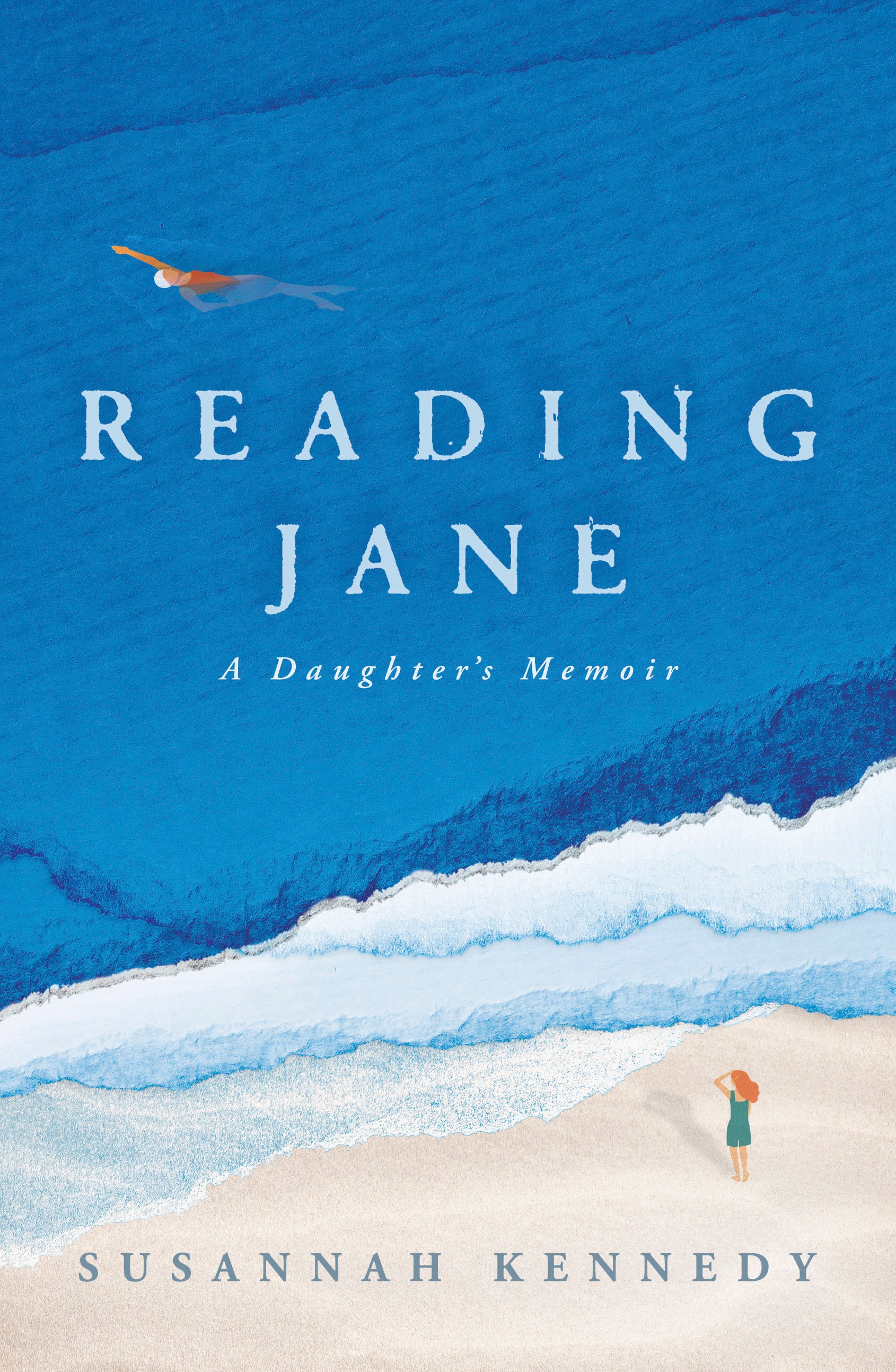Book Review: 'Reading Jane: A Daughter's Memoir,' by Susannah Kennedy
Susannah Kennedy is left reeling when her mother Jane shockingly decides to take her own life, despite being a healthy 75 years

Your support helps us to tell the story
From reproductive rights to climate change to Big Tech, The Independent is on the ground when the story is developing. Whether it's investigating the financials of Elon Musk's pro-Trump PAC or producing our latest documentary, 'The A Word', which shines a light on the American women fighting for reproductive rights, we know how important it is to parse out the facts from the messaging.
At such a critical moment in US history, we need reporters on the ground. Your donation allows us to keep sending journalists to speak to both sides of the story.
The Independent is trusted by Americans across the entire political spectrum. And unlike many other quality news outlets, we choose not to lock Americans out of our reporting and analysis with paywalls. We believe quality journalism should be available to everyone, paid for by those who can afford it.
Your support makes all the difference.“Reading Jane: A Daughter's Memoir," by Susannah Kennedy (Sibylline Press)
When her mother Jane, a healthy 75-year-old, shockingly decides to take her own life, Susannah Kennedy is left reeling with innumerable questions. There are also 45 years worth of diaries that contain some answers and ultimately reveal some surprising secrets.
This elegantly written memoir by Kennedy, a former newspaper reporter-turned-anthropologist, opens a window into the complicated relationships that can exist between mothers and daughters, especially when the mother is a narcissistic single parent.
Jane is a charismatic woman who had a successful post-divorce career teaching in the inner city. She is widely liked and admired but has a fraught relationship with her daughter, Susannah, especially after the girl reaches puberty and becomes a rival for male attention.
One of the constants in the pair's lives are Jane's diaries, each one marked by the year it was filled with her remarks about every day over four and a half decades.
The notebooks aroused the young daughter's curiosity, but Jane never shared their contents, in the same way she kept many of her feelings under lock and key.
"Mommy, can I read your diaries?” the daughter sometimes asked.
“Someday,” the mother replied. Then, “Maybe.” Then, “Probably never.”
Kennedy never knows for sure if her mother intended for her to read the journals, to be Jane's confessor or interpreter. But they were all there stuffed into an Asian chest of intricately carved wood in her mother's San Francisco apartment after the suicide.
So after returning to the U.S. in the wake of her mother's death with her German husband and three children, Kennedy reads all of the volumes over a year. She learns more about her late father, a violent alcoholic who often beat her mother.
Kennedy also learns more about her mother’s younger disabled sister, Helen, who died at age 4, shaping forever Jane’s feelings about life and dying.
“No wonder I take such comfort in the idea of death,” her mother wrote in one diary entry on March 4, 2008. “But with Helen, long years in a vegetative state awaited us, coloring my childhood irreversibly and irrevocably informing my old age.”
Kennedy also gets a look at her mother's intense loneliness through her entries about a longstanding affair with a married man and her refusal to let him leave his wife.
There are stunning revelations about the death of Jane's mother, who had been undergoing radiation for lymphoma.
And there was the surprising envy Jane demonstrated for her teenage daughter's blossoming beauty during their glamorous summer vacations in Italy. Later, there was harsh criticism as her daughter became a mother herself, no longer the svelte blonde who turned every head in the room.
"As I read the diaries, I find entry after entry complaining about me, almost as if she were obsessed. Why was she so concerned with how I looked? So invasive in her judgements?” the daughter writes.
Jane's obsession with death was well known to those who loved her, but they nevertheless thought she would live well into her nineties.
“We figured she would nag on about suicide as a safety net from illness because it made her feel better to imagine control over the ending," Kennedy writes. "We didn’t think she would actually do it. “
But her mother did, choosing a San Francisco motel for her last moments and leaving her papers in order, down to the self-written obituary.
Reading Jane's diaries afterward brings Kennedy closer to her mother, more sympathetic to her circumstances so many years before, and more cognizant that our parents will always be with us.
We don't ever “get over” them, she learns. We absorb them and move on.